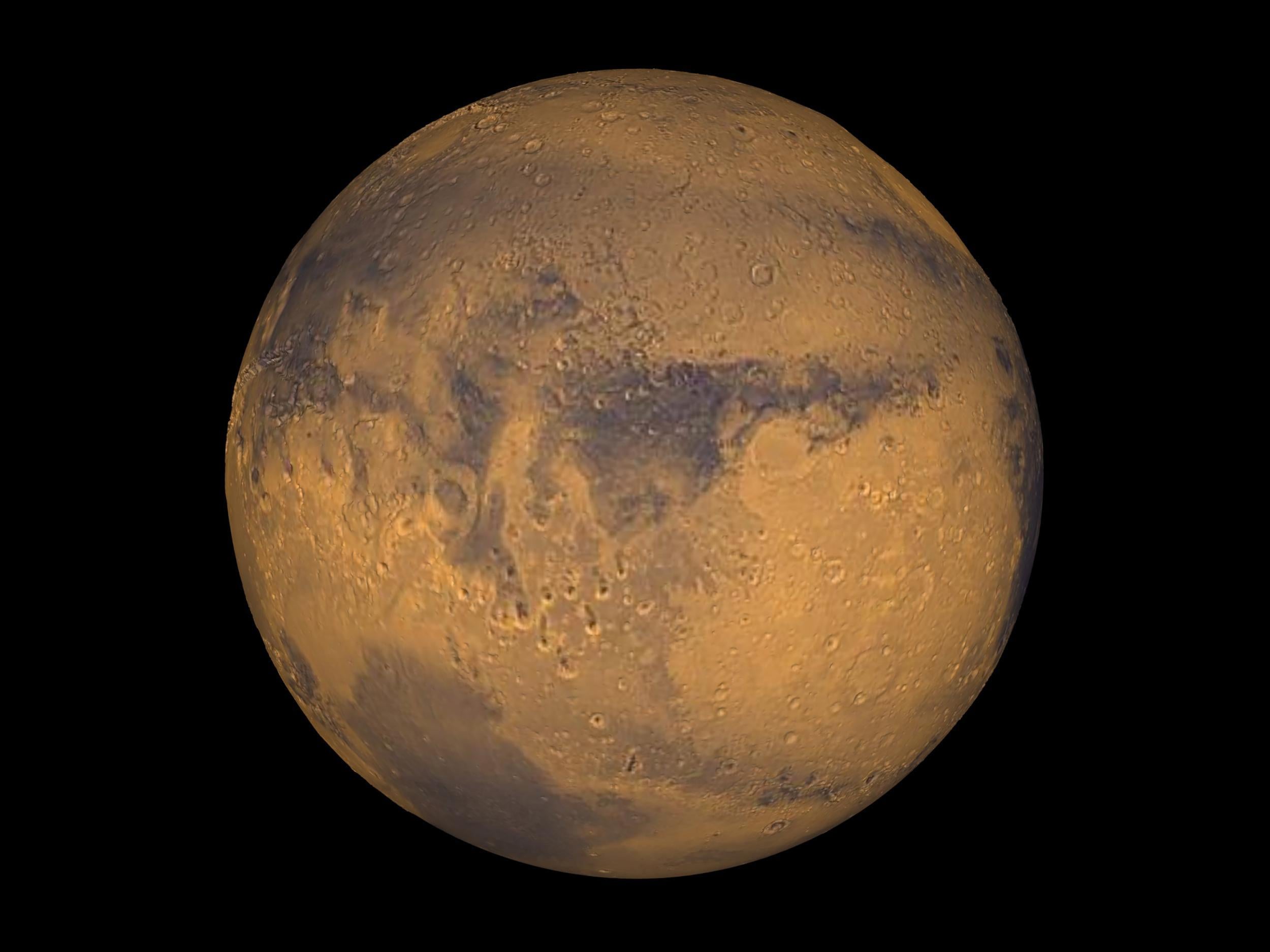Nasa admits it can’t afford to land humans on Mars
While it might still be able to fly people to the red planet, touching down is a different matter entirely

Your support helps us to tell the story
From reproductive rights to climate change to Big Tech, The Independent is on the ground when the story is developing. Whether it's investigating the financials of Elon Musk's pro-Trump PAC or producing our latest documentary, 'The A Word', which shines a light on the American women fighting for reproductive rights, we know how important it is to parse out the facts from the messaging.
At such a critical moment in US history, we need reporters on the ground. Your donation allows us to keep sending journalists to speak to both sides of the story.
The Independent is trusted by Americans across the entire political spectrum. And unlike many other quality news outlets, we choose not to lock Americans out of our reporting and analysis with paywalls. We believe quality journalism should be available to everyone, paid for by those who can afford it.
Your support makes all the difference.Nasa has announced it can’t afford to land humans on Mars.
The space agency has discussed plans for landing people on the red planet for some time, but it doesn’t look possible right now.
While it may still be able to fly astronauts to Mars, entry and landing is an entirely different matter.
“I can’t put a date on humans on Mars, and the reason really is... at the budget levels we described, this roughly two percent increase, we don’t have the surface systems available for Mars,” said William Gerstenmaier, Nasa’s chief of human spaceflight, this week, Ars Technica reports.
“And that entry, descent, and landing is a huge challenge for us for Mars.”
The Space Launch System and Orion spacecraft, which were expected to make a future Mars landing possible, have been expensive to build.
As a result, Nasa hasn’t even been able to start designing the vehicles that would land on Mars or ascend from the planet’s surface.
Private companies, such as SpaceX and Blue Origin, are also planning Mars landing missions, and won’t be restricted by the same financial constraints that are holding Nasa back.
Elon Musk wants to establish a colony on Mars, and is aiming to land humans on the planet in 2025.
Nasa, meanwhile, has opened the door to future Moon missions.
“If we find out there’s water on the Moon, and we want to do more extensive operations on the Moon to go explore that, we have the ability with Deep Space Gateway to support an extensive Moon surface program,” Mr Gerstenmaier continued.
“If we want to stay focused more toward Mars we can keep that.”
Join our commenting forum
Join thought-provoking conversations, follow other Independent readers and see their replies
Comments